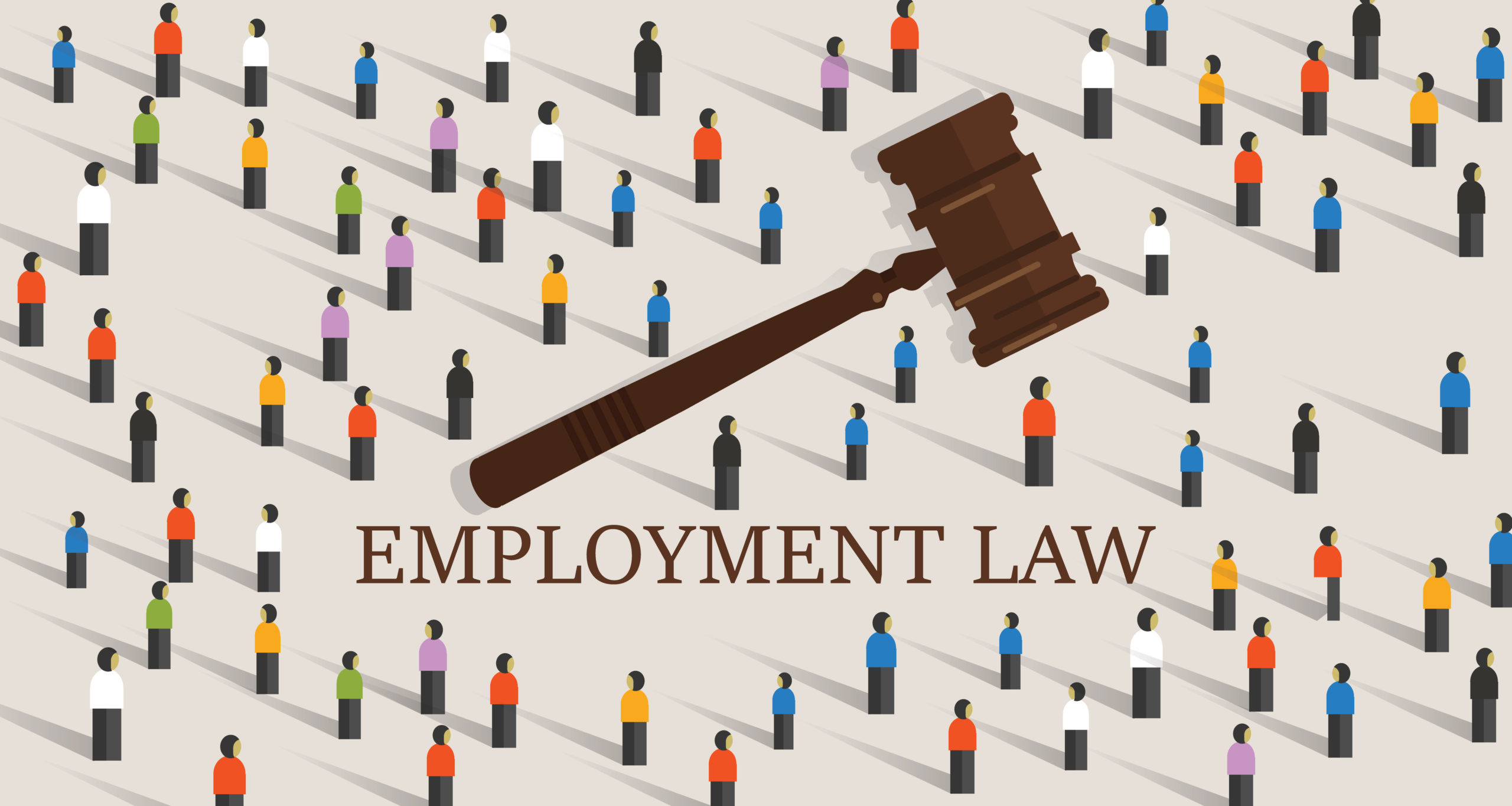Now Reading: 4 Ways Law Firms Benefit From Using A VPN
-
01
4 Ways Law Firms Benefit From Using A VPN

4 Ways Law Firms Benefit From Using A VPN
Law firms maintain records of sensitive information that lawyers must protect at all costs. They must employ practical means of cybersecurity to prevent information from falling into the wrong hands. Failing to protect data can cause harm to the relationship between the client and the lawyer. The law firm will benefit from using a virtual private network (VPN).
The following are the advantages of using a VPN in a law firm:
- Ensures Privacy And Security
Any individual with a mobile device can access the internet through public Wi-Fi. But being open to the public also means it’s unprotected and could allow any malicious entity access to your device. While law firm staffers can use it to view client information, it can expose large amounts of data to hackers. Case information, banking details, and private communication between client and lawyer can get out. It can cost the reputation of the lawyer and the law firm itself.
When using mobile devices such as smartphones, tablets, and laptop computers, it’s better to install a VPN to protect the user’s privacy and the law firm when outside of the office, as well as lawyers who do work offsite such as reading messages researching at a café. A VPN can prevent unauthorized access to your device—all that protection at the cost of the cheapest VPN you can search for and download online.
- Anonymity Online
Browsing the internet safely is a must for everyone, what’s more when you’re an attorney working on a case. It’s one of those times when you don’t want anyone to know that you’re using the internet every time you log in.
Each time you use the internet, you leave a trail of websites that you open to view. Every link you click is also recorded, and websites track the information by using cookies, a piece of data that sites keep in your browser. Websites also have a habit of monitoring browser activity through user accounts.
To help keep you unknown, VPNs establish a safe route online with their server. It’s safe to say that it’s like a middleman acting between you and the internet. When this happens, it masks your actual IP address, and what appears is the VPNs instead.
- Protection Of Attorney-Client Privilege
In a legal setting, the attorney-client privilege is a highly valued principle that pertains to private communications between two parties. The lawyer can’t divulge personal information and must be careful to keep everything under wraps, online or offline. But with today’s digital world comes risks, and this relationship can be put in danger.
But when you have a VPN, it shields your network from threats that can put cases at risk. A VPN encrypts sensitive communication details between the lawyer and the client. The information exchange is also shielded, allowing safer end-to-end sending and receiving of messages.
Lawyers won’t have to worry about the other party intercepting documents. The VPN can scramble data, so it remains unreadable to unauthorized eyes. A decryption key kept by personnel transfers it to the rightful recipient to decrypt the information.
VPN minimizes the possibility of a data breach, so you can freely communicate and gather information from the web even when you’re in public. It’s one of the best tools that can help you build a solid relationship with your client and help work on their case.
- Helps Avoid Bandwidth Throttling
Lawyers and their teams use the internet because of cost-effective research and real-time communication with clients. A good internet connection can make these tasks smooth. It’ll help them gather various information that can help them advance such as additional information on personal injury or divorce cases. But if your internet speed is dwindling, it could cost them time and money.
Bandwidth throttling happens because your ISP slows down your speed. It can also be that someone has control over your Wi-Fi performance. In some offices, those who can control the performance limit the use of the internet because of activities that are non-related to their work. But in a law firm where everyone will be working on various cases, internet speed is crucial.
VPN helps hide the traffic coming from your device by encryption. That means nobody can see the websites you visit for research. These websites might also trigger speed limitations, or the kind of activity you do online. If the VPN hides the movement of data coming and going from your device, then the ISP can’t throttle the bandwidth and limit the performance of the Wi-Fi. But the VPN limits it and doesn’t stop it so that the ISP can still do so to free up the bandwidth of the other users.
Conclusion
Law firms need to use VPN to protect their network from hackers, secure and protect information and help maintain Wi-Fi performance. The internet is a valuable tool for law firms and lawyers to help them pursue a case by getting more information and protecting them. A VPN also protects your activity, so you remain anonymous. Information protection is more crucial than ever before.










